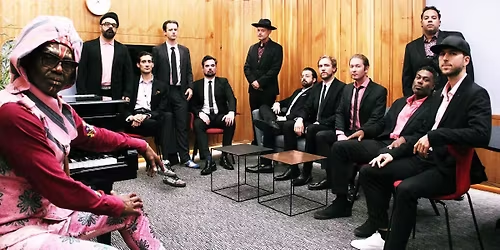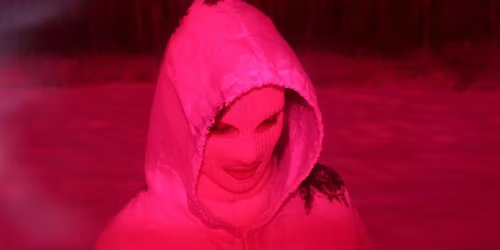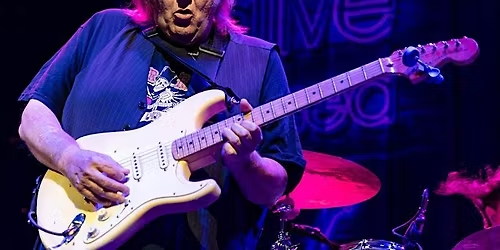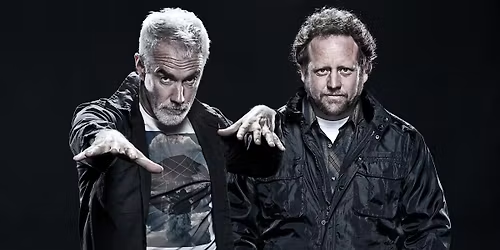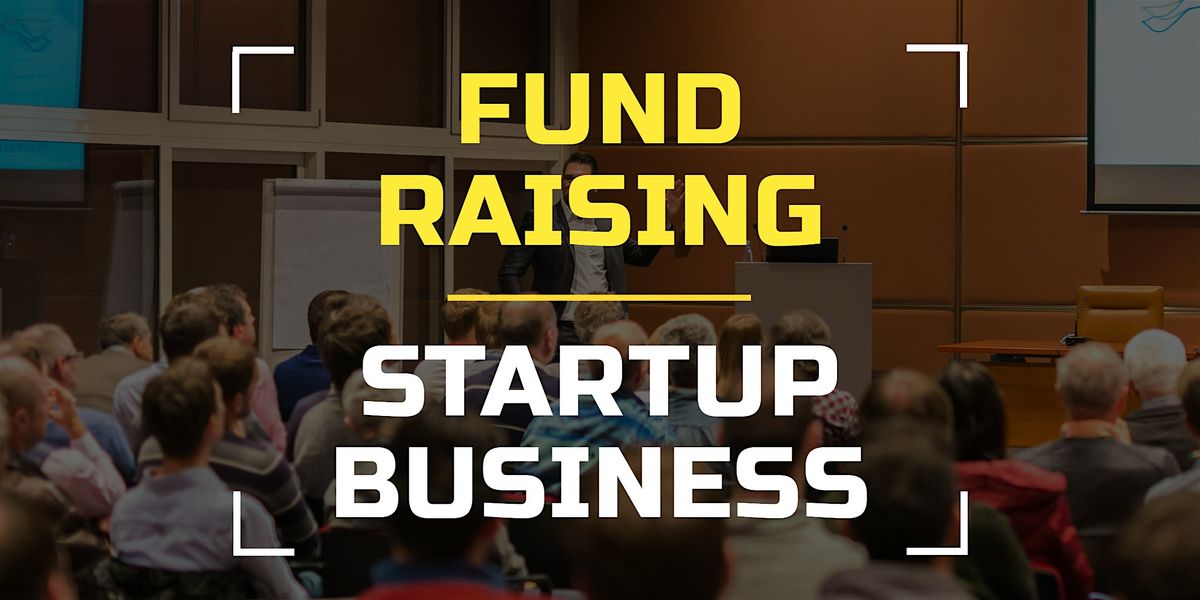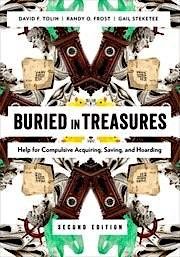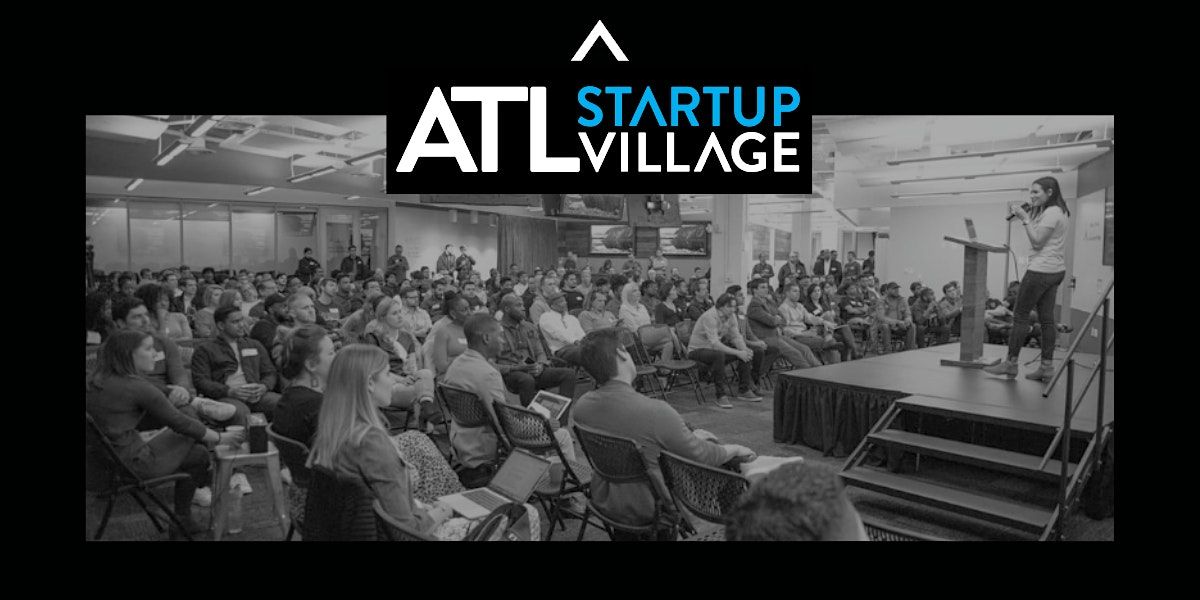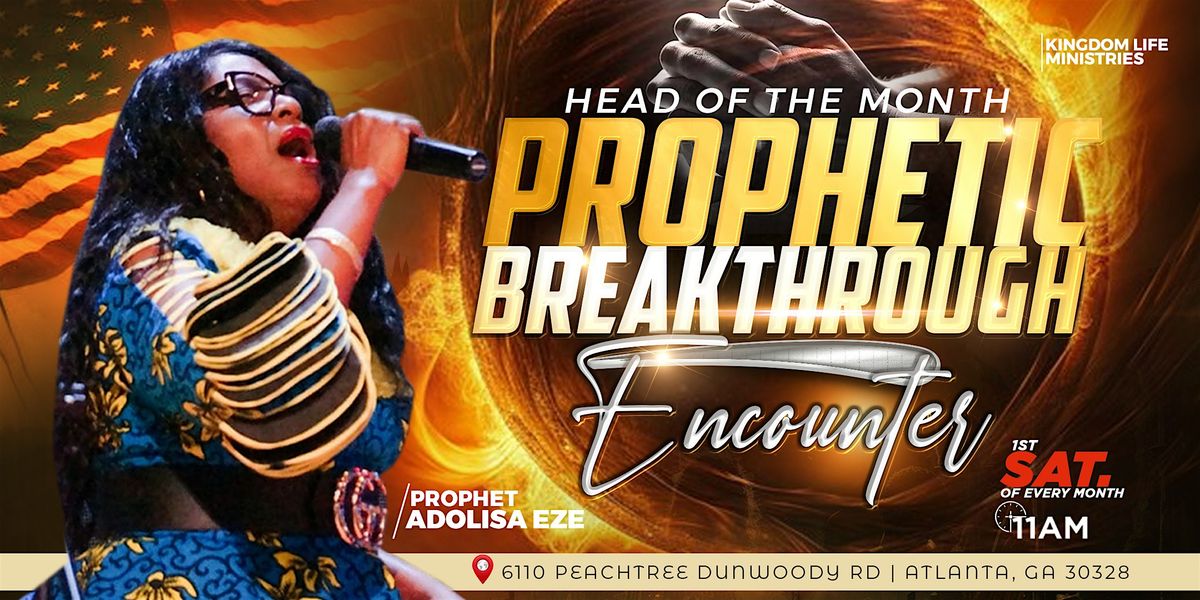Victor Wooten
Schedule
Mon, 01 Dec, 2025 at 08:30 pm to Tue, 02 Dec, 2025 at 02:00 am
UTC-05:00Location
Variety Playhouse | Atlanta, GA

About this Event
“I like to talk and I like to play.”So said Victor Wooten as he began his commencement address to the Class of 2016at the University of Vermont’s Rubenstein School. This was his way of explaining why he wasn’t going to recite the speech he had written out for the occasion. Instead, for 24 minutes he shared his thoughts with them aboutlife, about success and challenge and meaning, all while accompanying his words on the bass guitar strapped across his shoulder. He played and spoke freely, gently and eloquently. He took his audience back to a bit of wisdom he and his brothers had received from their mother, back when they werejust beginning to demonstrate the phenomenal talent that would culminate years laterin worldwide recognition as the Wooten Brothers. “What does the world need with just another good musician? We have plenty. What the world needs is good people.”As he improvised a four-string soundtrack to frame and channel his ideas, Wootenexpanded on the lessons she had imparted: “We’re already born special. … In thehistory of humankind, your fingerprint has never been here and will never be hereagain. … No one can take that away from you. Your job is to improve on thatspecialness and present it to the world … “ These moments, whether witnessed that night in Burlington or later on YouTube, surely changed lives. They also capture what Victor Wooten really does best. Better even than his revolutionary technique is his conceptual redefinition of the bass guitar’s role.How can this be? What Wooten did with bass has almost no parallel in modern music. From Coleman Hawkins to and beyond John Coltrane, the great saxophonists approached their instrument more or less the same way. Same thing with Louis Armstrong and Miles Davis, Ray Brown and Esperanza Spalding: Styles progress, harmonic and melodic languages expand but essentially fundamental concepts remain the same.Not so with Wooten. After him, every bassist in the world began to think differently, much as guitarists did after Hendrix. Young bassists now start from a different set of assumptions than their predecessors did a generation ago. Wooten’s blazing,percussive chops lit a fire for many of them, as did his explorations of melody, nuanceand phrasing. But Wooten might smile when reminded of the old parable about the wind and the sun competing to see who might force someone they had focused on to remove his coat as he went walking one day. The wind whipped the poor guy mercilessly, blowingharder and harder, but he simply wrapped himself up tighter and refused to let go.Then the sun took over, bathed the man in warmth — and the jacket was off.So, yes, this is what Victor Wooten’s forte and calling, whether speaking in Burlington,working with kids at his Center for Music and Nature at the 147-acre Wooten Woodsretreat in Tennessee, or outlining his philosophy of music in a novel, The Music Lesson:A Spiritual Search for Growth through Music , now a part of the curriculum at TheBerklee College of Music, Stanford University and other prestigious institutions.And of course he continues to inspire through his work. On his latest album, Trypnotyx ,scheduled for release in September on his own Vix Records imprint, he recruitsworld—renowned musicians Dennis Chambers on drums, saxophonist BobFranceschini, singer Varijashree Venugopal and comedian/voicetrumentalist MichaelWinslow, who gained fame in the Police Academy movies.Not surprisingly, themes from his life thread through Tryptonyx, tying virtuoso performance and life experience together. Winslow’s voice and sound effects à la conjure James Brown and pop throughout the sizzling “Funky D Mix” and recall the night that a kindergarten-aged Wooten saw the Godfather of Soul on stage for the first time. And in “Cupid,” through bucolic textures, a sylvan flute, and spoken exchanges involving Wooten and his children, the horrors of war give way to the promise of redemption through love and music.“Music is a great way — and a safe way — to teach just about any life principle,”Wooten insists, one afternoon at a table outside of a Nashville cafe. “To be in a band,you have to listen to each other. Bands are at their best when every instrument isdifferent, not the same. Everyone takes turn talking. Everyone speaks their voice. A lotof times musicians might ask, ‘What would you like me to play?’ I say, ‘Listen to themusic. The music will tell you exactly what it needs.’”Listening was always essential to Wooten. As the youngest of five brilliantly talentedbrothers, he listened to the music they loved and to the instruction his brothers offeredas he began exploring the bass. He didn’t know it at the time but this sibling inputhelped free him from preconceptions.“I learned to speak music the same way we learned to speak English,” he says. “Noone sits you down and says, ‘Here’s the role of your voice. Learn these words. Go and practice.’ No, you just talk, and your parents allow you to talk even though you mightspeak ‘incorrectly.’ You do that for years before you learn about grammar. I learnedmusic the exact same way.”With liberated imagination, Wooten saw no reason why he couldn’t apply what hisbrothers were doing on other instruments to his bass. “I saw my brothers’ instrumentson my instrument,” he says. “For example, I started learning Roy’s drum licks andsolos on the bass. I heard bass lines in his drumming. Later, when I learned what wenow call slapping — we called it thumping then because that’s what [Sly Stone’sbassist] Larry Graham called it — that gave me the power but not the speed to play aBilly Cobham drum fill. So my brother Regi showed me how to use my thump to pickup and down. That opened a portal in my brain. Then when you add multiple plucksand left-hand hammers, all of a sudden you’re using ten fingers, man!”Victor was just two years old when he played his first gigs with the Wooten BrothersBand — Regi on guitar, Roy a.k.a. “Futureman” on drums, Rudy on sax and Joseph onkeyboards. They opened West Coast shows for Curtis Mayfield, War and otherheadliners, nearly scored a major label deal until someone there was room for only onefive-brother act. The other act just happened to be The Jackson 5. But that didn’t stopthe five Wootens from pushing against convention.Settling eventually in Nashville, where connected with the like-minded banjoist andcomposer B é la Fleck, Wooten has earned five Grammy Awards, been honored threetimes by Bass Player magazine as Player of the Year and is included in the RollingStone selection for “Top 10 Bassists of All Time.”What really matters, though, is the example Wooten sets in his dedication to music asa means to enhance the human condition even for those who may never master aninstrument. “Music shouldn’t be just about music,” he emphasizes. “Music should beabout something greater. If all you do is music, what is your music about? You’ve gotto have a life. You’ve got to have experiences. You’ve got to fall in and out of love.Getting away from your instrument and out into the world, you can see how the littlebird gets up and sings — not to get paid but just because the sun is rising. You gooutside to get more inside who you really are.”At this point, a young student comes up to our table, apologizes for interrupting, takesa second to thank Wooten for all that he has done to move so many through his music.Wooten smiles gratefully. They speak for a few moments. Then the student moves on,like those graduates in Vermont, a little wiser and warmer than before.“That,” Wooten concludes, “is what it’s all about.”
Where is it happening?
Variety Playhouse, 1099 Euclid Ave NE, Atlanta, United StatesEvent Location & Nearby Stays:
USD 30.00 to USD 54.00

